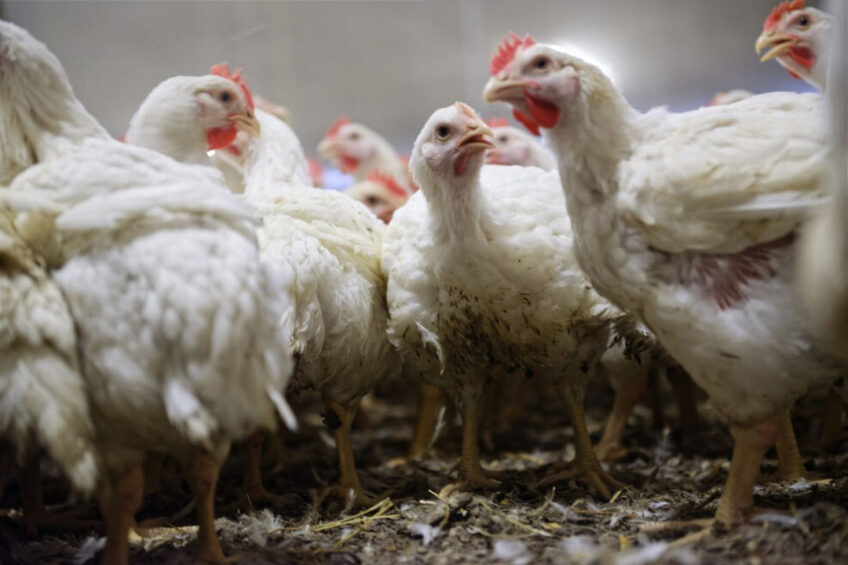Feed supplement to reduce wooden breast in broilers

Feed supplement benfotiamine can cut the incidence of the degenerative muscle disease wooden breast in broilers, which is characterised by extreme firmness of the breast muscles, affecting meat quality. Although breeding companies and farmers have looked for an economic solution, there are currently no effective approaches to prevent or treat the disease.
The project, which was led by researchers from the University of Delaware, aimed to prevent or diminish deleterious changes in the breast muscle by using benfotiamine, which is a derivative of thiamine with higher bioavailability.
Previously studied for its therapeutic effects in humans
It has been previously studied in humans for its therapeutic effects on preventing vascular endothelial dysfunction and oxidative stress in individuals with type 2 diabetes. Considering metabolic similarities between wooden breast and type 2 diabetes, the current study hypothesised that benfotiamine might be beneficial for cutting the incidence of wooden breast in commercial broilers.
Findings from the study ‘Feed additive for Reducing Incidence of Wooden Breast Disease in Commercial Broiler Chickens’, which has been financially backed by US Poultry and Egg Harold Ford Foundation, showed that feed supplemented with benfotiamine resulted in a significant reduction in the severity of both wooden breast and white striping. Feed supplemented with benfotiamine had no significant effect on body weight until 42 days post-hatch. There was a slight but significant reduction (4.8%) in body weight at 55 days post-hatch in birds receiving benfotiamine.
Decreased severity
Histological analyse of pectoralis (p) major muscle specimens showed that compared with control chickens, treatment birds exhibited decreased severity of myopathic lesions, as well as a lower incidence of vacuolations, lipogranuloma formation, myofiber splitting and regeneration, fibrosis and necrosis.
The results are consistent with the decreased severity of clinical wooden breast in the treatment group and suggest beneficial effects of benfotiamine in reducing the severity and prevalence of muscle lesions in fast-growing broiler chickens.
Molecular analyses are ongoing to understand the effects of the feed additive on biological mechanisms and pathways in the p. major muscle. The current study examined a single level of benfotiamine throughout the entire growth period (from day one to week 8).
Future studies with different concentrations and duration of using benfotiamine will be beneficial in determining an optimal level and duration for supplementing chicken feed with the additive, say the researchers.













